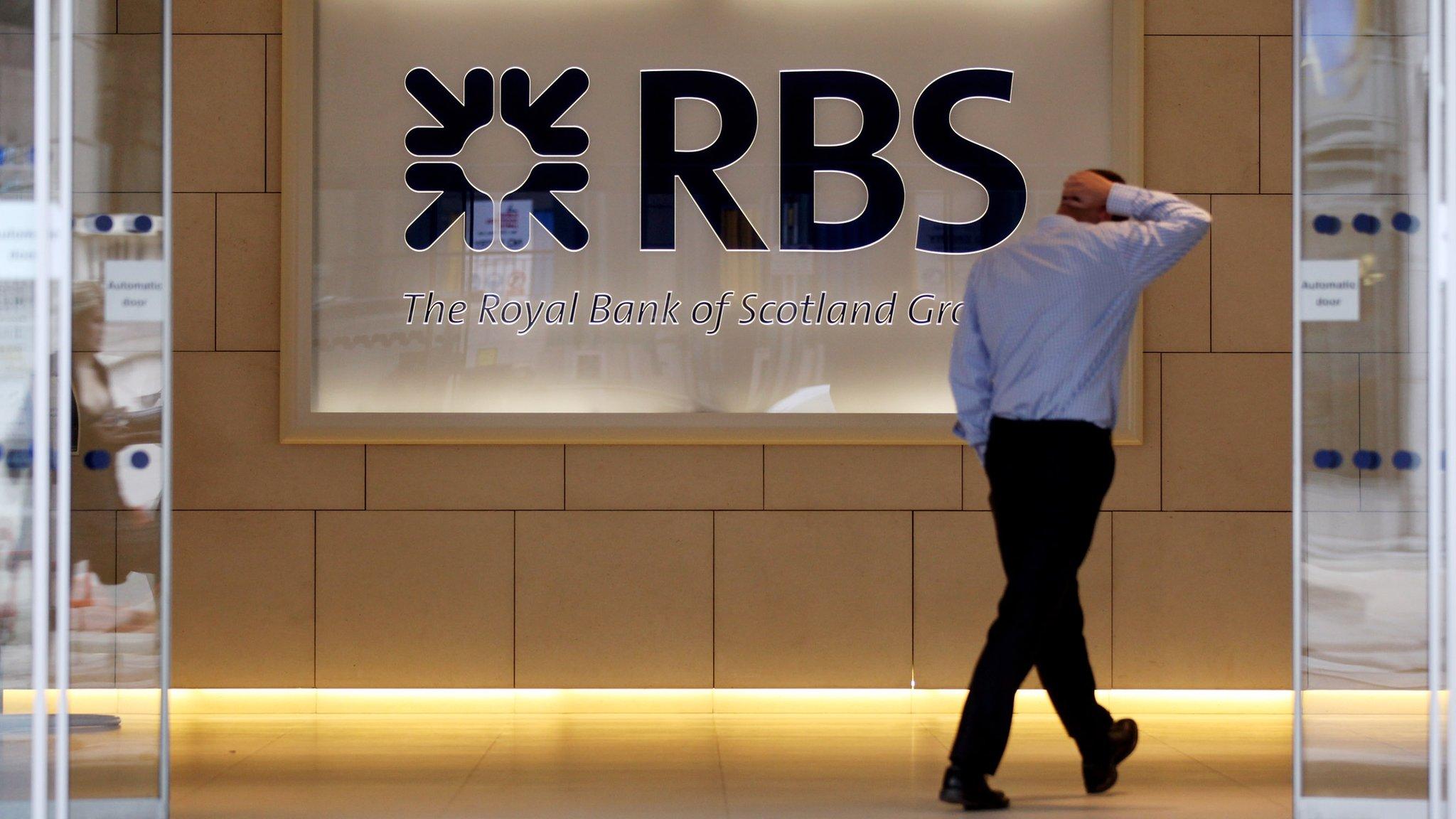RBS plan for 200% bonuses blocked by Treasury body
- Published
George Osborne: "It was not right to increase the bonus cap. I'm glad that RBS have agreed with that"
Royal Bank of Scotland has abandoned attempts to pay bonuses twice the size of salaries after being told the move would not be approved.
UKFI, the body that manages the Treasury's 81% stake in the bank, told RBS it would veto plans for a 2:1 bonus ratio at the next shareholder meeting.
"There will be no rise" while RBS is "still in recovery", the Treasury said.
New EU rules mean the bank has to ask its shareholders for approval of annual bonuses above 100% of base salaries.
"The new team at RBS have done a huge amount to repair what went so badly wrong in that bank, but there's still a long way to go," chancellor George Osborne told the BBC.
"We made it clear that in the circumstances it was not right to increase the bonus cap. I'm glad that RBS have agreed with that," Mr Osborne added.
"We're moving from a situation a few years ago where bonuses were out of control, banks were being bailed out, [and] our economy was shrinking, to the situation we've got now, where bonuses are down, banks are recovering, and our economy is growing."
In a statement, the bank said it had wanted to match its competitors, external by offering bonuses of up to 200% of fixed pay, but UKFI informed RBS that it would vote against any attempt to do so.
RBS's board said it "acknowledges that this outcome creates a commercial and prudential risk which it must try to mitigate within the framework of a 1:1 fixed to variable compensation ratio".
The bank would need 66% of shareholders to vote in favour of raising the bonus cap above 100%.
Bonus ceiling
The BBC has learned that UKFI initially approached the Treasury to approve a raised 2:1 ceiling for bonuses compared with base salaries for RBS, but that the Treasury decided to cap bonuses at 1:1.
Mr Osborne told the BBC that there was no ministerial pressure put on UKFI, and that the Treasury had worked as a team with the organisation.
RBS is the only major UK bank that has so far been denied 200% bonuses by its shareholders.
The government will support 200% bonuses at Lloyds, in which it holds less than 25% of shares, because that bank has "largely completed its restructuring", the Treasury spokesman said.
"We want to retain competitiveness in the banking market, but at the same time we want the industry to show restraint," the spokesman added.
Labour accused George Osborne of having a confused approach to bonuses for bankers.
In September, the Treasury launched a legal challenge against European Union (EU) plans to cap bankers' bonuses.
"George Osborne is in a terrible muddle over bankers' bonuses. He is spending taxpayer's money on a legal fight in Brussels against the bonus cap and yet imposing the minimum cap at RBS," said Labour's shadow Treasury minister Cathy Jamieson.
Bonuses stopped
The bank also announced it would be scrapping bonuses for its chief executive, Ross McEwan, and its chief financial officer, Nathan Bostock, from 2014.
The BBC understands that as an executive director, Ewen Stevenson, Mr Bostock's incoming replacement as chief financial officer, will also not be eligible for a bonus.
The executives will still receive "long-term incentive rewards", all in shares, but these will be awarded after five years, and linked to performance.
So-called "code staff", the 342 people who take on or manage risk for the bank, will be eligible for bonuses of up to 100% of their salary.
In addition, the BBC understands that code staff can receive a percentage of their salary as "fixed based allowances" which will be the highest amongst their peers in the UK. The allowances for code staff come on top of bonuses.
RBS executive directors can receive fixed based allowances of up to 100% of their salary.
Nevertheless, the BBC's business editor Kamal Ahmed said: "It looks like RBS directors will be paid a third less than competitors".
The bank has faced heavy criticism over the size of its bonus pool, after it made a pre-tax loss for 2013 of £8.2bn, the highest since the financial crisis.
Despite the increased loss, RBS set aside £576m for staff bonuses in 2013, a drop of 15% on 2012. Of that sum, £237m went to investment bankers.
In February, Mr McEwan defended the bonus pool, arguing that attracting the most talented staff was essential. He warned that the best employees, were constantly being "tapped on the shoulder" by other institutions.
RBS also revealed that 77 staff earn more than £1m a year remuneration - a figure that includes fixed pay, pensions, and long-term incentives, down from 95 in 2012.
- Published24 April 2014
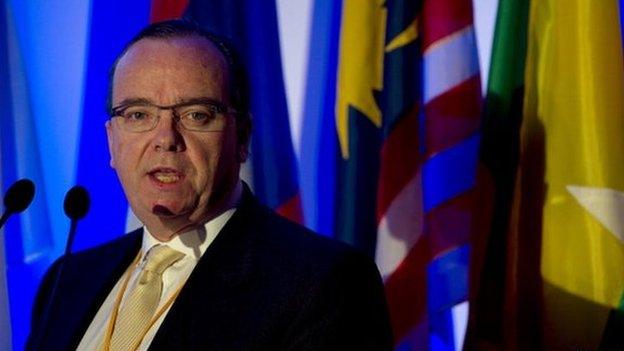
- Published22 April 2014
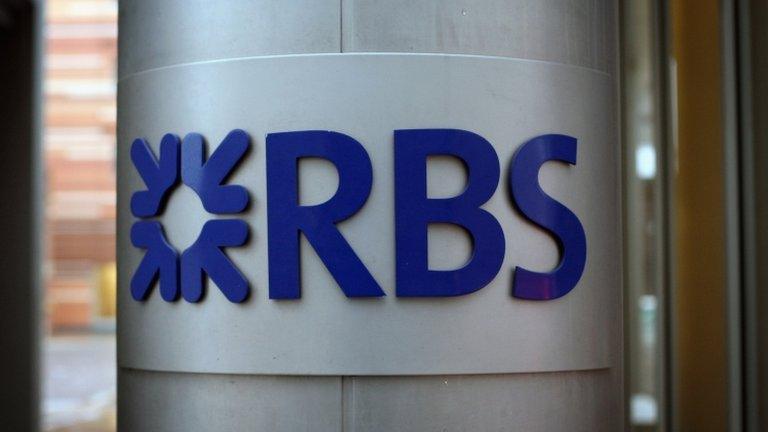
- Published9 April 2014
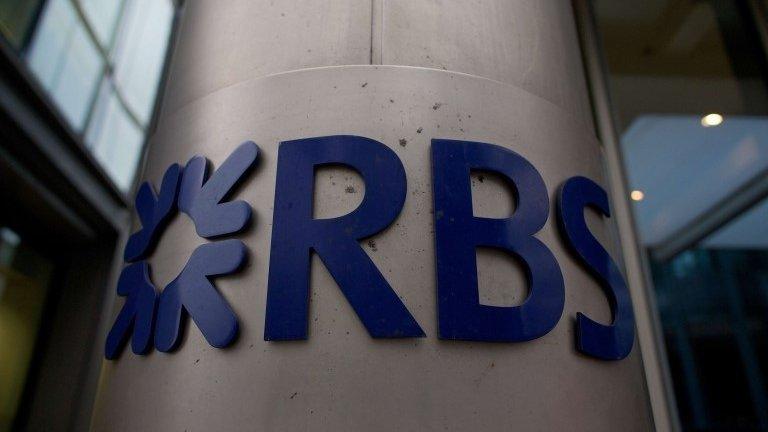
- Published28 March 2014
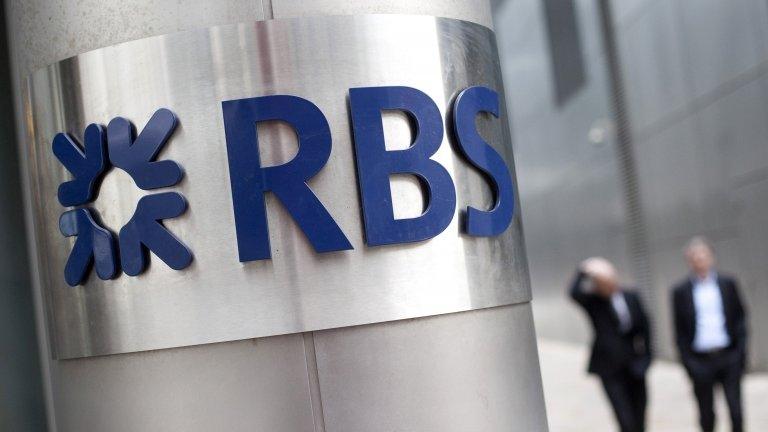
- Published3 April 2014
